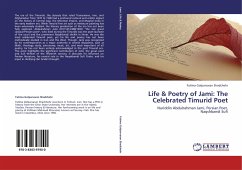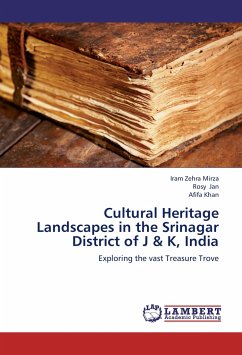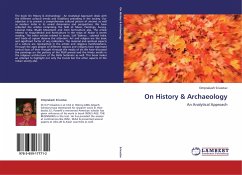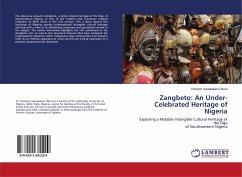The era of the Timurids, the dynasty that ruled Transoxiana, Iran, and Afghanistan from 1370 to 1506 had a profound cultural and artistic impact on the history of Central Asia, the Ottoman Empire, and Mughal India in the early modern era. While Timurid fine art such as miniature painting has been extensively studied, the literary production of the era has not been fully explored. Abdulrahman Jami (817/1414-998/1492) the last great classical Persian poet , who lived during the Timurids was the poet laureate of the court and the prominent Naqshbandi sheikh in Herat. He was the most celebrated Timurid poet, yet his life and poetry has not been methodically studied in Iran and the West. Though, Jami was recognized by his contemporaries as a major authority in several disciplines, such as Math, theology study, astronomy, music, art, and most important of all poetry, he has not been entirely acknowledged in the post Timurid era. This work highlights the significant contribution of Jami, the great poet and Sufi thinker of the fifteenth century. It discusses his influence on Persian literature, his central role in the Naqshbandi Sufi Order, and his input in clarifying Ibn Arabi's thought.
Bitte wählen Sie Ihr Anliegen aus.
Rechnungen
Retourenschein anfordern
Bestellstatus
Storno








